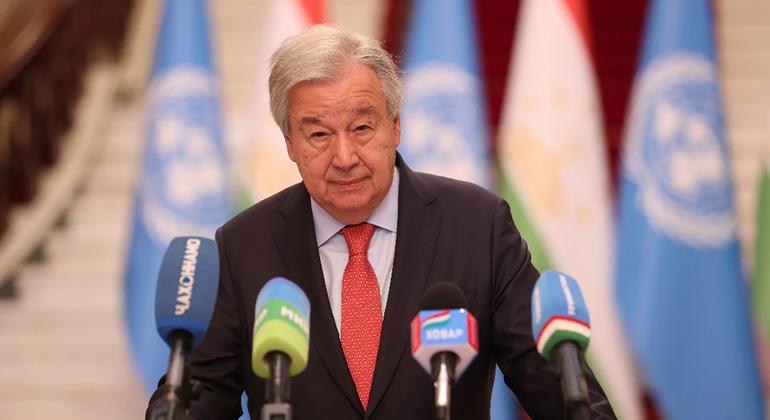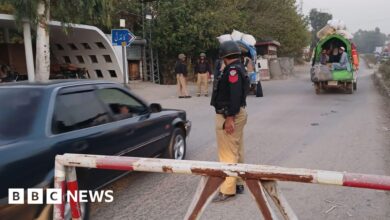UN Secretary-General expresses deep concern over Israeli airstrikes on Yemen and risk of escalation in the region


In the statement, Mr. Guterres noted that Israel had claimed responsibility for the airstrikes that took place on Saturday, in response to previous attacks on Israel by the Houthis — formally known as Ansar Allah — a group that controls much of Yemen, including Hudaydah.
The airstrikes followed a drone attack on the Israeli city of Tel Aviv on Friday that killed one person and injured 10 others. The attack was claimed by the Houthis and prompted a senior Israeli government minister to vow to “deal with the problem.” Israeli airstrikes on Saturday hit electrical infrastructure and an oil refinery, causing a major fire.
Attempts to mediate between the Houthis and the Yemeni government have stalled in recent months, and after fighting broke out in Gaza in October, the Houthis pledged to attack what they said were pro-Israeli shipping interests along the Red Sea coast, as a show of solidarity with Palestinians in Gaza.
In return, the US-led coalition protecting shipping in the Red Sea has continued to attack Houthi-controlled areas in Hudaydah, the capital Sana’a and Ta’iz.
The Houthis reportedly warned that the group’s response to Israeli airstrikes “will be fierce” and that the group will continue to attack Israel and there will be no “red lines”.
The Yemen conflict, which began in 2015, has taken a devastating toll on civilians. The United Nations says the war has devastated most sectors of Yemen, including health care, and created one of the world’s worst humanitarian crises. About half the population, some 18.2 million people, are in need of some form of assistance.




